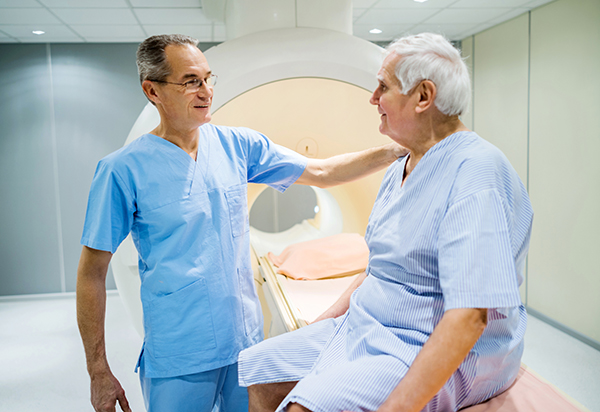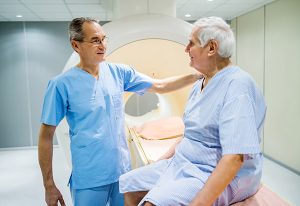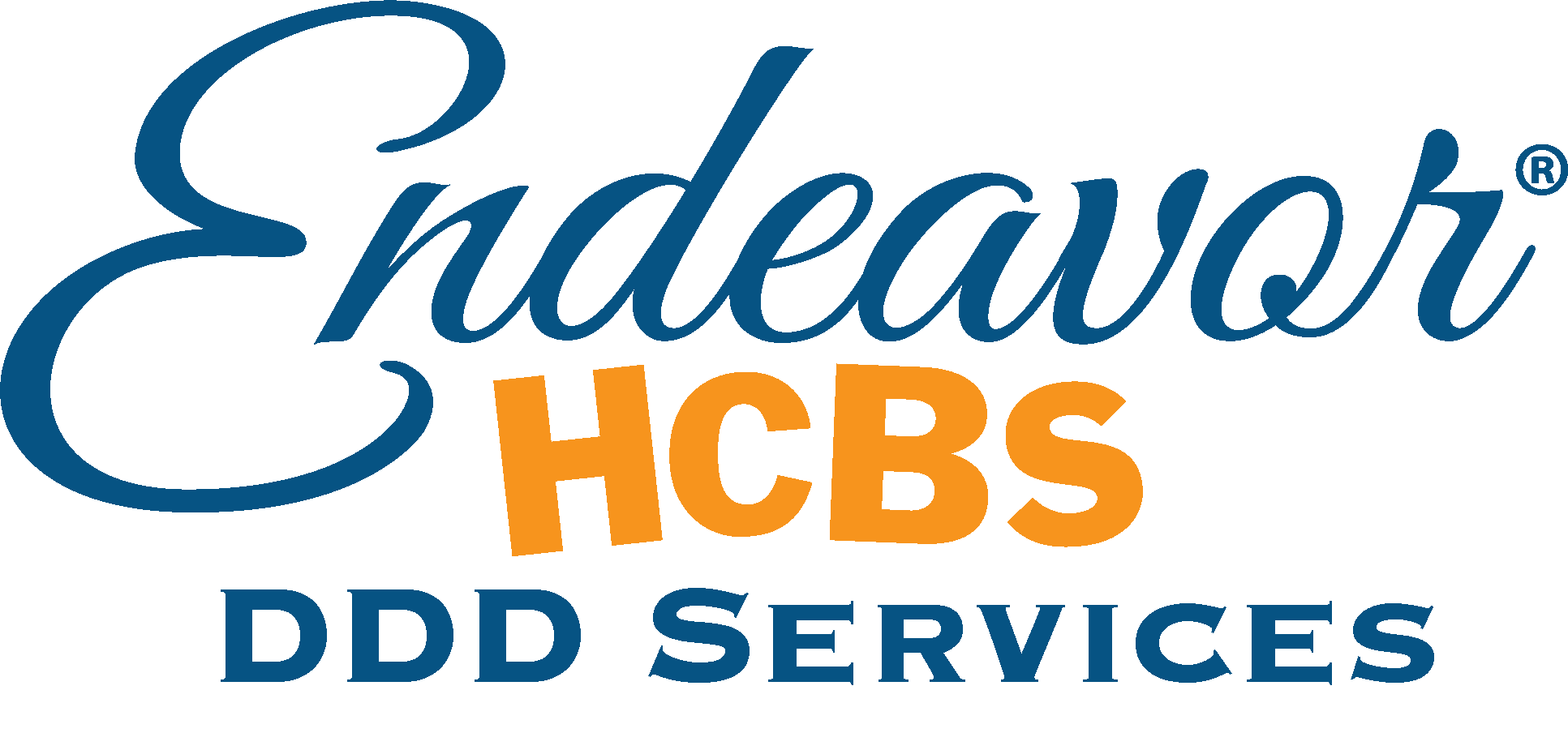
 We desire the right health care for our loved ones, but is it possible that on occasion, less is best? Based upon a recent report published in Plos One by Dr. Martin Makary, professor of surgery and health policy at the Johns Hopkins University School of Medicine, a full 21% of medical care we receive is unneeded – meaning that millions of individuals subjected to various treatment plans, screenings and scans are getting little if any benefit. And these kinds of unwarranted health services come at a cost: up to $210 billion each year, as reported by the National Academy of Medicine.
We desire the right health care for our loved ones, but is it possible that on occasion, less is best? Based upon a recent report published in Plos One by Dr. Martin Makary, professor of surgery and health policy at the Johns Hopkins University School of Medicine, a full 21% of medical care we receive is unneeded – meaning that millions of individuals subjected to various treatment plans, screenings and scans are getting little if any benefit. And these kinds of unwarranted health services come at a cost: up to $210 billion each year, as reported by the National Academy of Medicine.
As just one example, screening for survivors of early stage breast cancer typically includes advanced imaging such as PET, CT and bone scans, and tumor marker screenings – while the American Society for Clinical Oncology particularly encouraged doctors in 2012 not to order these kinds of tests. Yet around half of patients within that criteria were given these types of scans between 2007 and 2015.
The result is avoidable pain, suffering, and financial expense for tests and procedures that could have no bearing on improving or lengthening life, according to Dr. Lisa Schwartz, professor at the Dartmouth Institute for Health Policy and Clinical Practice. Dr. Rebecca Smith-Bindman, a University of California-San Francisco professor, takes it a bit further, stating, “It’s just bad care.”
On account of the Choosing Wisely campaign, established by the American Board of Internal Medicine Foundation in 2012, awareness is being raised about unnecessary treatments. “Patients used to feel like ‘more is better,’” said Daniel Wolfson, Executive Vice President of the ABIM Foundation. “But sometimes less is more. Changing that mindset is a major victory.”
It’s important for all to be proactive in informing ourselves to the fullest extent possible about any sort of health issues our elderly loved ones are dealing with, and to discuss with the medical team any screening or treatment options that are in question.
Did you realize Endeavor Home Care provides transportation and accompaniment to medical appointments and procedures, and serves as an advocate for older persons to help ensure they’re getting the very best possible medical care? Just some of the many ways we’re able to help:
-
- Give prescribed medication reminders
- Pick up prescriptions
- Make wholesome meals in accordance to any required dietary plan
- Evaluate the home for fall risks
- Provide mobility and ambulation assistance
- Ensure safety during bath/shower time
- And much more
Contact us online or call us at (623) 428-2100 in Phoenix, (480) 535-6800 in Scottsdale, or (520) 314-2600 in Tuscon to learn more!


